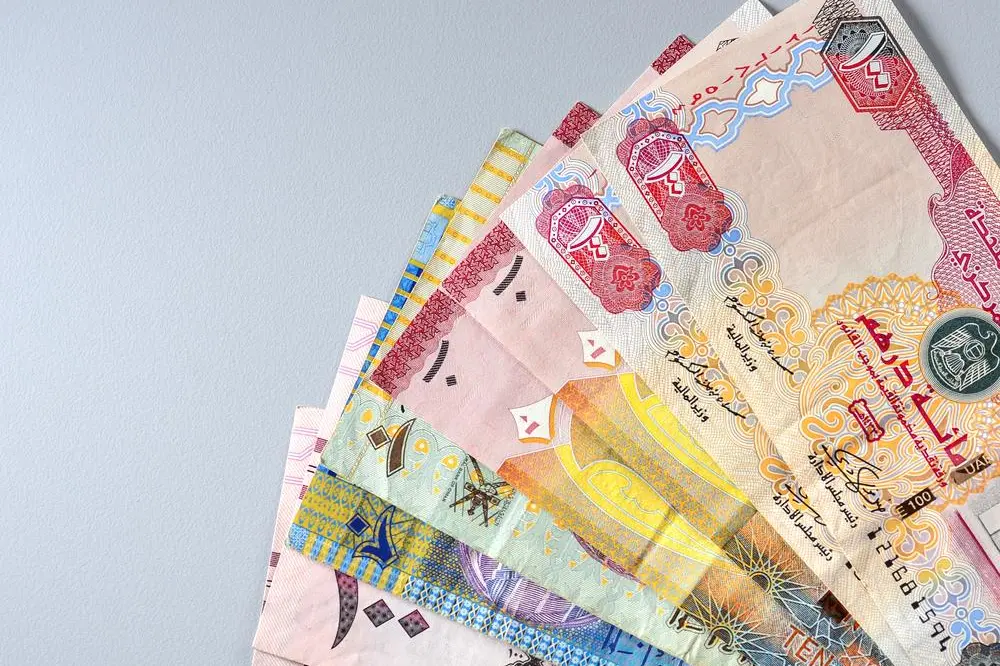PHOTO
DUBAI- Gulf central banks cut interest rates on Monday, a day after the U.S. Federal Reserve slashed its rates to near zero in an effort to ease the impact of the coronavirus outbreak.
Meanwhile Abu Dhabi, the capital of the UAE, launched a slate of economic measures aimed at shielding the private sector from a slowdown due to the spread of the virus, which has hit vital sectors of the UAE economy such as tourism and aviation.
Most Gulf central banks tend to follow the U.S. Fed because their currencies are pegged to the U.S. dollar.
Kuwait's central bank cut its deposit rate by 100 bps to 1.5%, its lowest ever. It also cut its overnight, one-week and one-month repo rates by 100 bps to 1%, 1.25%, and 1.75% respectively.
The UAE central bank trimmed its interest rate on one-week certificates of deposit by 75 basis points and other rates by 50 bps. The Saudi Arabian Monetary Authority cut repo and reverse repo rates by 75 bps.
The Qatari regulator slashed its deposits, lending, and repo rates. Bahrain's central bank cut overnight, weekly and monthly deposit rates, in addition to its lending rate.
The cuts follow stimulus packages launched by the Saudi, Qatari and UAE central banks over the past few days worth a combined $60 billion to contain the impact of the virus.
But such moves have not stopped a plunge in regional equity and debt markets, which are also pricing in the effects of a market share war between Saudi Arabia and Russia on crude prices.
Bahrain on Monday reported the first death from coronavirus in the Gulf Cooperation Council (GCC) region, a day after the UAE reported 12 new cases that took its total to 98. The GCC had a total of 983 cases as of 1100 GMT on Monday, according to a Reuters tally of government announcements.
ABU DHABI
UAE stock markets have tanked over the past three weeks, with Dubai's main index .DFMGI tumbling nearly 30% and Abu Dhabi .ADI sinking around 25% in the same period.
Abu Dhabi allocated 1 billion dirhams ($272.26 million) to support the local stock market, it said on Monday.
Some further 3 billion dirhams were allocated for a credit guarantee scheme for small and medium-sized enterprises (SMEs) and another 5 billion dirhams to subsidise utility bills.
Several fees were scrapped or reduced, including for real estate registrations, or for start-ups and the tourism and hospitality sectors, the government said on Twitter.
Abu Dhabi Crown Prince Sheikh Mohammed bin Zayed al-Nahyan (MbZ) said on Twitter UAE authorities would support the economy by easing investment laws and regulations.
He said there would be no interruptions on approved capital expenditure and development projects in the emirate.
The UAE will stop issuing visas, except for foreign diplomats, from Tuesday, state news agency WAM has reported. ($1 = 3.6728 UAE dirham)
(Reporting by Yousef Saba, Davide Barbuscia, and Maher Chmaytelli; Editing by Tom Hogue and Mark Heinrich) ((Yousef.Saba@thomsonreuters.com; +971562166204))





















